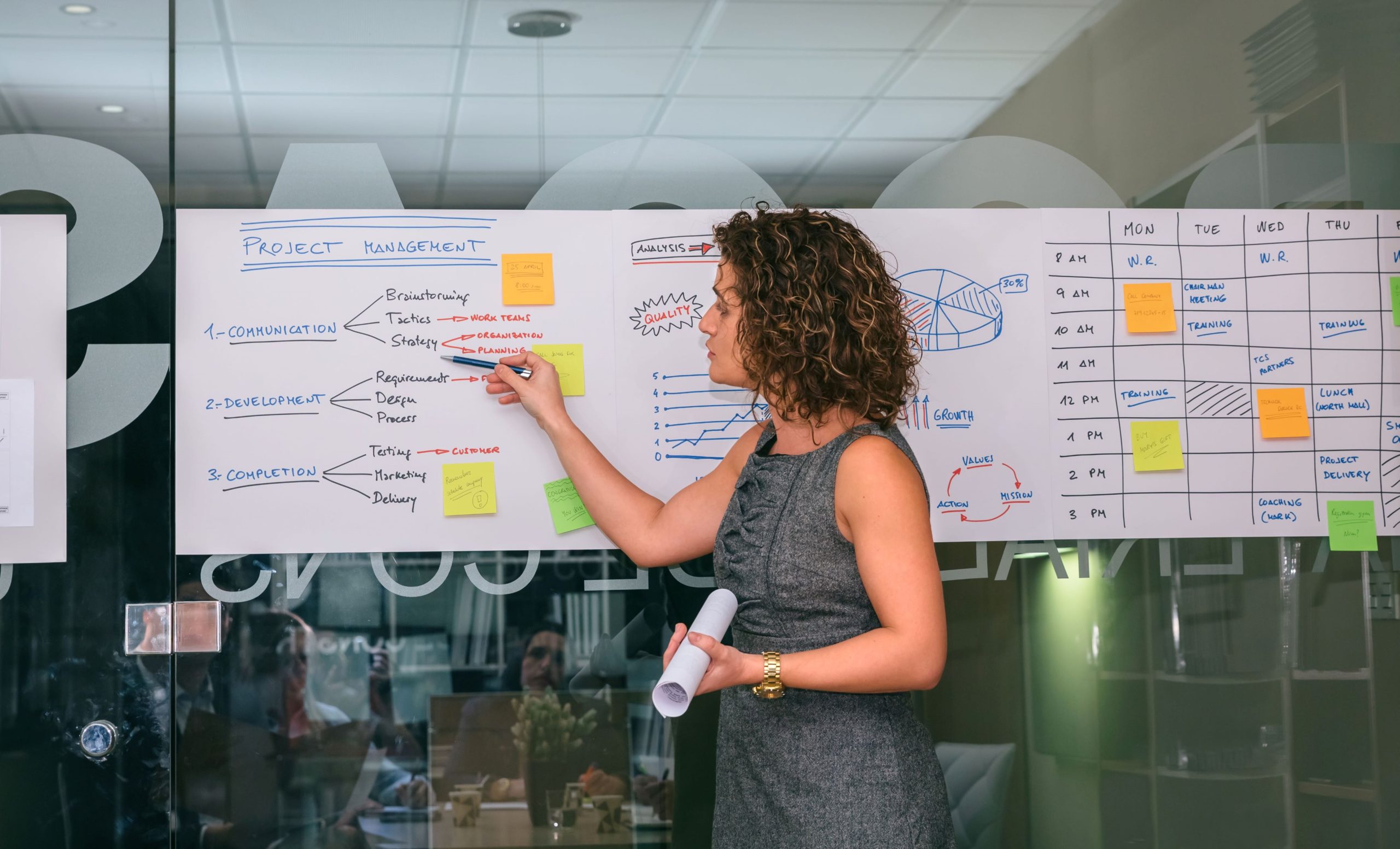3 minute read
Project Management in L&D
Learning and development project managers are responsible for the training cycle of entire programs.
The training cycle involves the development, delivery, and continuous improvement of a training program therefore professionals in this role oversee projects from their inception to their end.
For a project to be successful, there needs to be a blend of a specific set of soft skills and the adhering to a process in order to plan and execute a project effectively as well as to build productive work relationships.
1. Define a project plan
Structuring a project is essential to keeping it organized and on track. Establishing clearly defined roles, responsibilities, tasks, goals and communication plans in one place counteracts delays and misunderstandings among stakeholders.
For every stakeholder, a higher-level project plan defines and sets the right expectations therefore it will facilitate the decision-making process.
2. Communication
Communication and collaboration amongst all stakeholders is vital. A project manager is expected to interact with all members of the teams which include the subject matter experts and the trainees coming from all levels and across organisations. Communication needs to be clear and precise. Asking pivotal questions, summing up information and communicating updates all fall under the remit of a project manager. Stakeholders ultimately rely on the project manager to provide information and to support productive dialogue between all parties.
3. A shared platform
A common cloud-based platform ensures that the team is on the same page in order to keep track of deliverables, collaborate seamlessly and to meet deadlines. This shared space also promotes visualisation of all the tasks linked to each and every stage. A collaborative platform facilitates communication and teamwork especially for remote teams such MS Projects and Monday.com.
4. Proficiency in learning technologies and learning management systems
In this fast-paced world, technological developments have changed the methods used for training. Incorporating technology in the training field is beneficial to the learning experience since technologies such as gamified learning, AI and augmented reality help create a more engaging learning environment. Such technologies make training more interactive and creative.
Furthermore, a learning management system gives the trainees a virtual space whereby they have unlimited access to training resources, certificates etc. which can be accessed on the go. A learning management system enriches the learning experience of a trainee. An L&D professional can identify training and learning gaps using analytical data and reporting via these customisable reports provided by the system.
5. Critical thinking and problem solving
The more a training project is long and complex, the more the probability of disagreements and disengagement. Coming up with practical solutions and engaging in critical thinking is a skill that is required from a project manager to keep the focus on the goals of the project.





